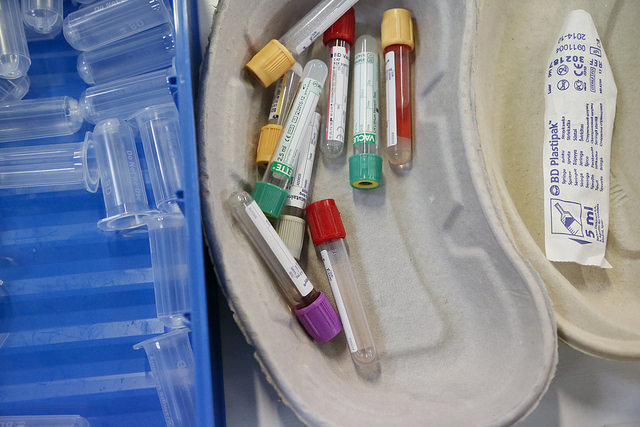Written Evidence: NHS Science and Technology Committee's Inquiry on Genomics and Genome Editing
By Center for Genetics and Society,
National Health Service
| 10. 24. 2017
- Thank you for the opportunity to contribute evidence toward your investigation of genomics and genome editing in the NHS.
- The Center for Genetics and Society is a public-interest non-governmental organization working to encourage responsible uses and effective societal governance of human genetic and reproductive technologies and other emerging technologies. We work with a vibrant international network of scientists, health professionals, civil society leaders, and others. The Center supports benign and beneficent medical applications of these technologies, and opposes those applications that objectify and commodify human life and threaten to divide human society.
- In response to The Committee’s invitation for written evidence on the recommendations made by the Chief Medical Officer in ‘Generation Genome,’ and in keeping with our organizational mission, our comments focus on the importance of maintaining the existing prohibition on germline genome editing for reproduction or clinical applications, even as the NHS moves to integrate genomic medicine and somatic gene therapies. We also address some of the future lines of inquiry included in the previous committee’s report.
- Here we summarize the points that follow:
- The UK should maintain a ban on human germline editing for reproduction...
Related Articles
By Diaa Hadid and Shweta Desai, NPR | 01.29.2026
MUMBRA, India — The afternoon sun shines on the woman in a commuter-town café, highlighting her almond-shaped eyes and pale skin, a look often sought after by couples who need an egg to have a baby.
"I have good eggs,"...
By Shobita Parthasarathya, Science | 01.22.2026
These are extraordinarily challenging times for university researchers across the United States. After decades of government largess based on the idea that a large and well-financed research ecosystem will produce social and economic progress, there have been huge cuts in...
Group of Tuskegee Experiment test subjects
Public Domain via Wikimedia Commons
Every generation needs to learn about what is commonly known as the Tuskegee syphilis study, which ran from 1932 to 1972. (Officially, it was the U.S. Public Health Service Syphilis Study at Tuskegee, Alabama, which gets the emphasis right.) For many people, the history is hard to believe, though it is hardly unique. Of the 600 subjects, all Black men, 399 had syphilis, for which...
By Evelina Johansson Wilén, Jacobin | 01.18.2026
In her book The Argonauts, Maggie Nelson describes pregnancy as an experience marked by a peculiar duality. On the one hand, it is deeply transformative, bodily alien, sometimes almost incomprehensible to the person undergoing it. On the other hand...




